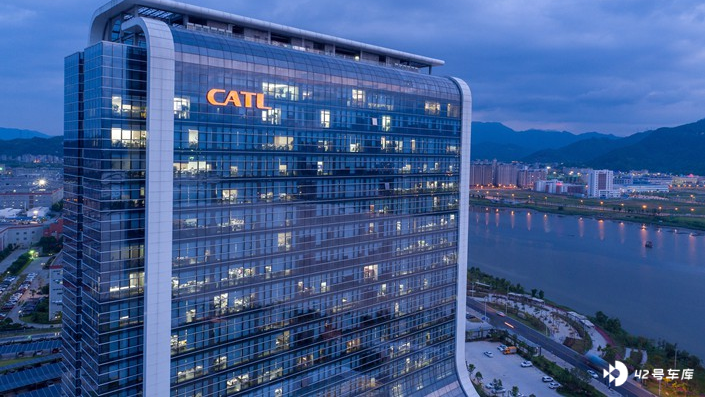According to a report by 36Kr, the power battery industry will soon be caught up in a price war.
Recently, CATL has initiated a “lithium mine rebate” plan for some strategic customers, including Ideal Automobile, NIO, Huawei and Zeekri Automobile, with the aim of reducing the price of batteries. The core terms of the plan are that, over the next three years, the price of lithium carbonate for some power batteries will be settled at 200,000 yuan/ton, and at the same time, the signing car companies agree to purchase about 80% of their batteries from CATL.
“These customers are mainly domestic companies that CATL considers to have good delivery volumes, and Tesla is not among them,” said an insider, adding that cooperation agreements have been signed with some car companies, and implementation will begin in the third quarter of this year.
While pushing for price reductions for car companies, CATL has also asked its upstream suppliers for a 10% discount. Some insiders in the battery industry have commented on CATL’s price-cutting measures, saying “this will make it difficult for other battery manufacturers.” Second and third-tier manufacturers are also responding, and FCS, a subsidiary of Great Wall Motors, has launched a 10% price cut plan. Some suppliers have already received emails from FCS requesting cooperation in price reduction.
As a leading company in the power battery industry, CATL has always had a strong commercial voice, and the initiative to launch a price cut plan is relatively rare.
Last year, the price of battery materials such as lithium carbonate skyrocketed, and CATL began to implement a mechanism linking raw material prices, i.e. the price of batteries would rise in proportion to how much materials increased. “At that time, when the material increased by 40%, CATL raised the price to its car customers by about 40%,” says an insider. This was actually a considerable amount, as second and third-tier battery manufacturers did not fully pass on the cost increase to their car customers, but instead absorbed part of the cost themselves.
The 40% price increase brought considerable pressure to car companies, and also increased their awareness of the supply crisis of the power battery, leading to companies like NIO and Ideal Automobile manufacturing their own batteries or resolutely introducing second or even third battery suppliers.
CATL also felt pressure, especially in the second half of last year, when CATL’s sense of crisis forced the company to use its industrial advantages to make a market share assault.
This article is a translation by ChatGPT of a Chinese report from 42HOW. If you have any questions about it, please email bd@42how.com.
